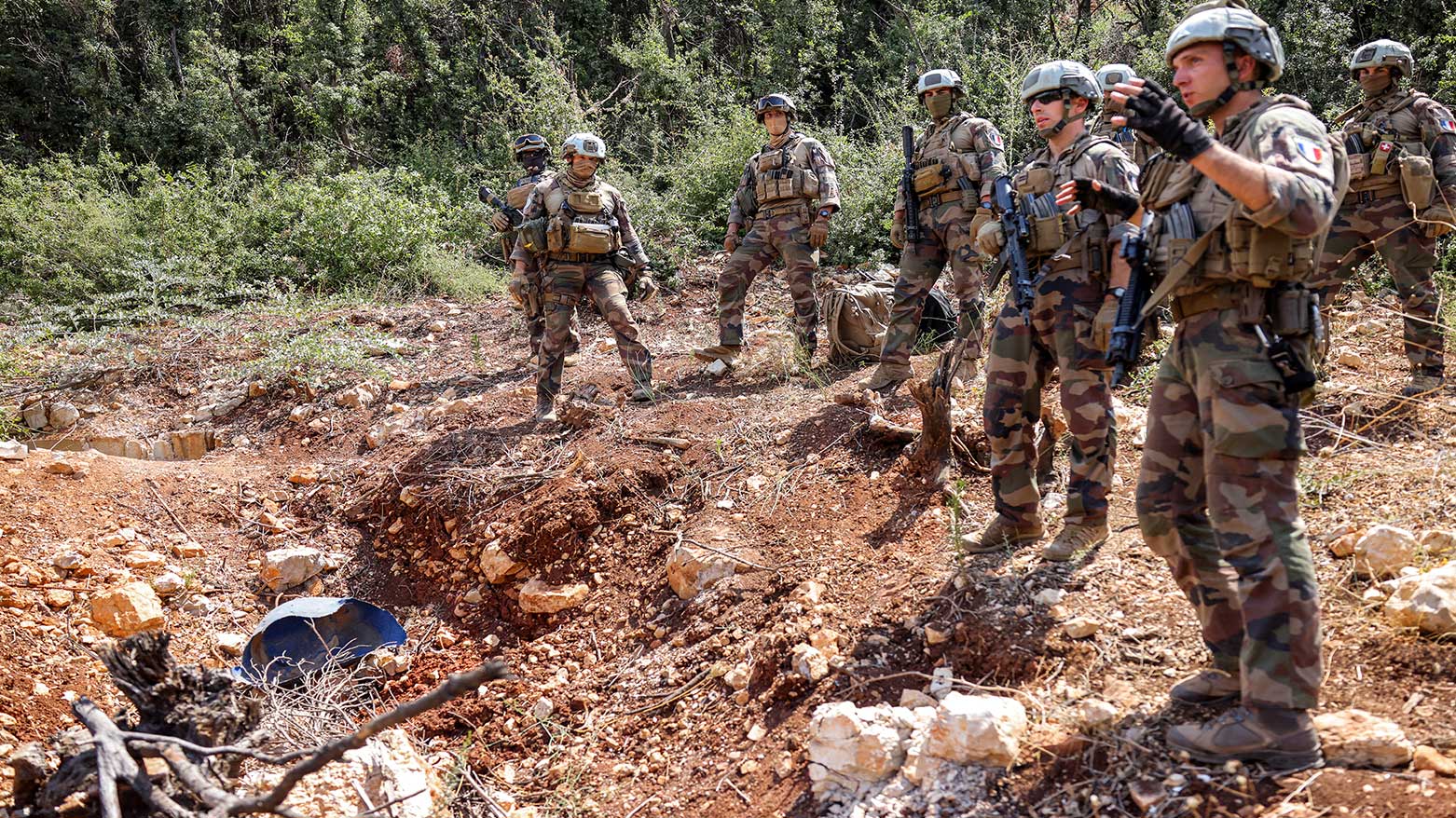Israeli Strikes Kill Five in Southern Lebanon Amid Escalating Tensions with Hezbollah
Lebanon’s cabinet is expected to convene on Friday to review the army’s disarmament plan for Hezbollah, a controversial assignment formally handed to the military in early August.

ERBIL (Kurdistan24) — At least five people were killed and 10 others wounded, including children, in a series of Israeli airstrikes on southern Lebanon on Wednesday, according to the country’s health ministry and state media. The attacks came hours after United Nations peacekeepers accused Israel of endangering their personnel with drone-dropped grenades.
The Lebanese health ministry confirmed that four people were killed in separate Israeli strikes across the south, while the state-run National News Agency (NNA) reported a fifth death in Ansariyah, a coastal town near Sidon. Among the wounded in Ansariyah were three children.
The Israeli military acknowledged some of the strikes, claiming responsibility for killing Hezbollah member Al-Munim Musa Sweidan in the town of Yater. It later announced that it had targeted “a Hezbollah site in the Ansariyah area,” alleging the facility stored engineering vehicles intended to restore the group’s military infrastructure.
Israel has conducted regular air and drone strikes on Lebanese territory despite a November ceasefire intended to end more than a year of cross-border hostilities with Hezbollah, the Iran-backed armed group and political party.
The escalation follows accusations by the United Nations Interim Force in Lebanon (UNIFIL) that Israeli drones dropped four grenades near its personnel on Tuesday during a road clearance operation in the border village of Marwahin.
UNIFIL reported that one grenade landed within 20 meters of peacekeepers and three others within 100 meters of their vehicles, though no casualties were recorded.
The Israeli army said its troops had deployed “stun grenades” in response to “suspicious activity,” insisting that “no intentional fire was directed at UNIFIL personnel.” However, UNIFIL emphasized that Israel had been informed in advance of the peacekeepers’ movements and described the incident as “unacceptable and a serious violation” of UN Security Council Resolution 1701, which underpins last year’s ceasefire.
France strongly condemned the incident, urging protection for peacekeepers, while Qatar called for “an urgent investigation” and accountability for those responsible.
UNIFIL, first deployed in 1978, has played a key role in separating Lebanese and Israeli forces and in monitoring the volatile border region. Its mandate was recently extended one final time, with the UN Security Council deciding the peacekeepers will withdraw in 2027 following pressure from Israel and the United States.
The November ceasefire stipulates that only the Lebanese army and UN peacekeepers may operate in southern Lebanon, excluding both Hezbollah fighters and Israeli troops. Nonetheless, Israel has maintained forces in at least five locations it considers strategically vital.
Lebanon’s cabinet is expected to convene on Friday to review the army’s disarmament plan for Hezbollah, a controversial assignment formally handed to the military in early August.
Saudi Arabia and Qatar are prepared to invest in an economic zone in southern Lebanon, near the border with Israel, aimed at providing jobs for Hezbollah members and their supporters once they lay down their weapons, U.S. Middle East envoy Tom Barrack said recently.
Barrack made the remarks a week ago, in Beirut, following visits to Israel and Syria, where he met with officials to discuss the ongoing situation in Lebanon after the government’s recent decision to disarm Hezbollah by the end of the year.
Hezbollah’s leader has rejected the plan, vowing to retain the group’s arsenal.
He highlighted the challenge of reintegrating Hezbollah members who have been funded by Iran for decades. “We have 40,000 people who have been paid by Iran to fight. What are you gonna do with them? Take their weapon and say ‘by the way, good luck planting olive trees’? It can’t happen. We have to help them,” Barrack said.
Barrack added that the U.S., the Gulf countries, and Lebanon plan to work together to create an economic forum that would provide sustainable livelihoods for former fighters.
